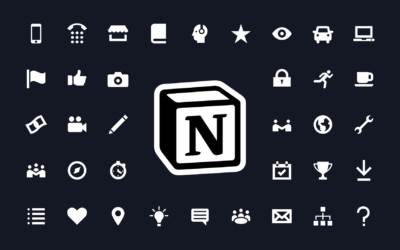Grid110 is an economic and community development non-profit dedicated to creating clearer pathways to success for early-stage entrepreneurs in Los Angeles. Through its two cohort-based accelerator programs, Idea-to-Product (I2P) and Residency, Grid110 provides founders in Los Angeles with a growing community of fellow entrepreneurs, expert mentorship, and crucial resources.
Noun Project and Grid110 have joined forces to launch a new collection of stock photos that celebrate diversity in tech. Giving underrepresented groups a visual seat at the table is a critical step to changing attitudes and expectations about the tech industry for the better.
We caught up with Grid110 Co-Founder and Executive Director Miki Reynolds to learn more about Grid110’s programs, powerful opportunities to drive meaningful change when it comes to diversity and inclusion in tech, and advice for those currently navigating the path to entrepreneurship.
Hi Miki! Tell us about yourself — what was your career path and how did you get to where you are today?
I’ve worked in tech my entire career. After managing digital projects at global entertainment corporations like MGM Studios and 20th Century Fox, and heading up operations/product for a software development company, I found myself in the precarious career crossroads of being unemployed about 6 years ago. The company I had spent the previous 6 years helping to build had just shut down. I had recently moved to Downtown Los Angeles (DTLA) and was desperately seeking a community to connect with to determine my next steps, but I felt like I was struggling to find one.
After spending most of my career building products/services for other people, I decided that it was time to build the things that I felt needed to exist in the world. Two very special things came out of that time. I was brought on board to launch and build the DTLA campus and community for tech education company General Assembly. Simultaneously, I met a group of entrepreneurs invested in supporting the growth of the DTLA startup ecosystem. The latter would become known as Grid110, the organization I co-founded with that team and currently run as Executive Director today. My heart is very much embedded in community building, connecting people through shared experiences and elevating the LA startup ecosystem.
Grid110 is an economic and community development non-profit dedicated to creating clearer pathways to success for early-stage entrepreneurs in Los Angeles. You co-founded Grid110 in 2015 — what inspired you to develop the organization and how has it grown over the last 6 years? What are some of the key programs and initiatives Grid110 is currently offering?
Grid110 began as a collective of 7 entrepreneurs from diverse industries and backgrounds who all shared a similar vision of Downtown LA as the next tech hub. The founding team came together in 2014 and met monthly for about a year discussing various issues in Downtown LA from office space to infrastructure to policy to community development. We initially settled on office space, given that there was an excess of 6 million square feet of empty commercial office space in Downtown, but there was a lack of more appropriate micro/shared space for early stage startup teams. For context, this was prior to the explosion of coworking; there was only one WeWork location in all of LA at the time. Grid110 began thinking about how to help commercial buildings in DTLA activate empty space and attract tech/creative companies through programming geared towards startups. We launched our first cohort based program in 2015 in partnership with Brookfield, but quickly realized that while access to more appropriate office space was a nice to have, the real value was in providing access to mentors, advisors and our collective networks.
Since the inception of the first program, we have now provided 163 early-stage companies with access to mentoring and other critical resources through our accelerator-style programs. Our focus is to help companies realize sustainable growth paths that allow them to scale their businesses (and teams) right here in Los Angeles. Through continuous ideation, we’ve developed 2 primary programs:
- Idea To Product (I2P): an eight week program designed to help founders at the earliest stages of their ventures focus on the fundamental parts of building a successful, sustainable business. This program typically targets pre-launch companies or those that are post-launch with early traction. The main priority is to help entrepreneurs move closer to finding and further validating their problem-solution fit, value proposition, and go to market strategy.
- Residency: is a 3 month program for early-stage companies with evidence of traction (users, investment, revenue) looking to accelerate to the next stage of growth. We support the founders in defining/refining their milestones and addressing specific needs through weekly roundtable, 1:1 mentoring, and skills development sessions.
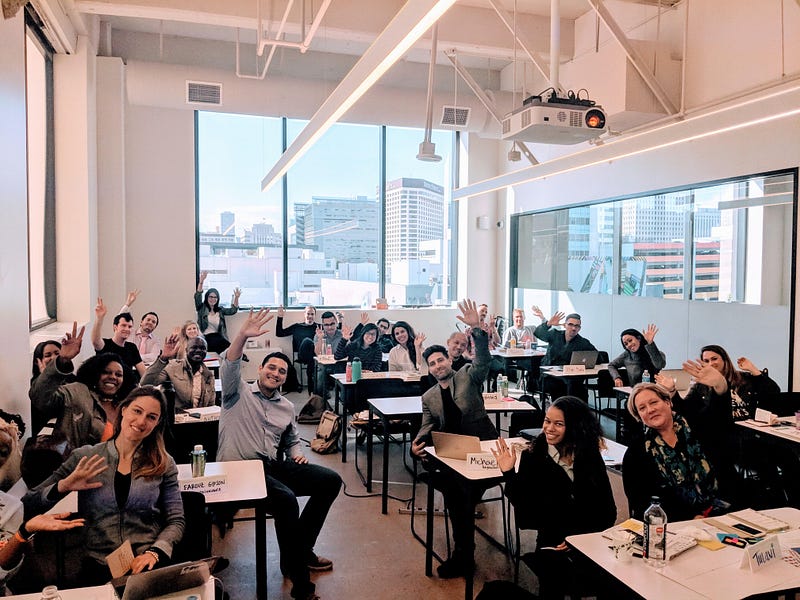
What are some of the key ways Grid110 is working to champion diversity, equity and inclusion in tech?
Our original focus was on supporting entrepreneurs in/around the DTLA. But after running a few iterations of programs, we realized that the real opportunity was supporting entrepreneurs commonly overlooked by traditional startup ecosystems. This included underrepresented founders (Women, BIPOC, LGBTQI+), companies that don’t fit the VC model (sustainable growth vs. rapid growth) and early idea stage concepts. We recognized that our largest opportunity was in fostering a community that was inclusive of the wide and varying range of entrepreneurs found in the city of Los Angeles. A community that better reflected the city itself. Instead of focusing on a particular business vertical, we’re open to all categories. Rather than selecting companies through the same lens as the venture capital perspective, we select companies who have identified a problem and have come up with a creative/innovative solution. We don’t take equity in companies nor do we charge for our programs; we are actively working to reduce the barriers/obstacles into entrepreneurship and democratize the access to the resources needed at the most critical, foundational stages of a company’s business.
Outside of our programs, we’re involved in two DEI initiatives in partnership with the Mayor’s office: WiSTEM LA (a women in STEM mentoring program) and PledgeLA (a private/public partnership working to measurably increase diversity, equity, and community engagement with the LA tech and venture communities).
What are some of the biggest challenges you see right now when it comes to working toward more equitable representation in the tech and startup worlds, and where do you see the greatest opportunities to drive meaningful change?
I think some of the bigger challenges are the systemic issues that led to the lack of diversity in the funding community, which leads to a lack of diversity in the founders they fund. It’s been a perpetual cycle for decades. The greatest opportunity I’ve seen can be found in both institutional desire for change (support & check writing abilities for more diverse fund managers), as well as community grassroots efforts. I’m part of a slack group called Bunch of Founders, a 1000+ member community that was spun up overnight by Gefen Skolnick, to help connect underrepresented entrepreneurs to investors and other allies who wish to offer their support. Creating platforms and communities that can organically grow beyond your 1:1 efforts are where I think the largest opportunities for meaningful change can occur.
At Noun Project, we believe visual language has the power to shape, reinforce and change perceptions. What are your thoughts on the importance of more equal and accurate visual representations in tech to help support changing the status quo in the industry?
We often hear “you can’t be what you can’t see.” Representation matters, both consciously and subconsciously. When invited to speak on a panel, I notice if there are no other women or BIPOC speakers. It stands out to me when I look at pitch decks with all male teams and advisory boards. Potential job candidates will notice if your team page doesn’t reflect the diversity you claim to advocate for. Potential customers will notice if they don’t feel represented in your brand creative.
With the opportunity to formally design our website a few years ago, we opted for a photoshoot that featured founders from our own community over stock photography. I’ve heard comments from prospective program applicants that upon looking at our website to research our programs, they saw themselves reflected in the photography we used. Like often attracts like, so if you are looking to be inclusive with your audience, you have to be intentional about both the visuals and the copy that you use.
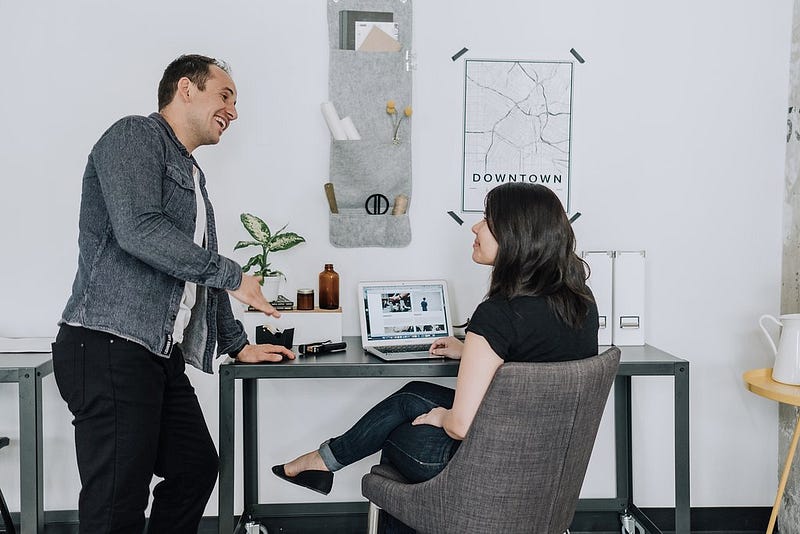
Looking to the future, what inspires you and what initiatives are you most excited about right now?
The entrepreneurs we serve through our programs are my daily inspiration. Helping them through challenges and witnessing them achieve success (no matter how big or small) is incredibly fulfilling. Watching our community interact, grow and evolve is one of the highlights of what I do. What keeps me going is thinking about what we do and our potential impact at a much larger scale. We recently moved to a virtual program model due to COVID-19 and I’m excited about what our potential for growth and programs could look like when we’re not limited to physical space.
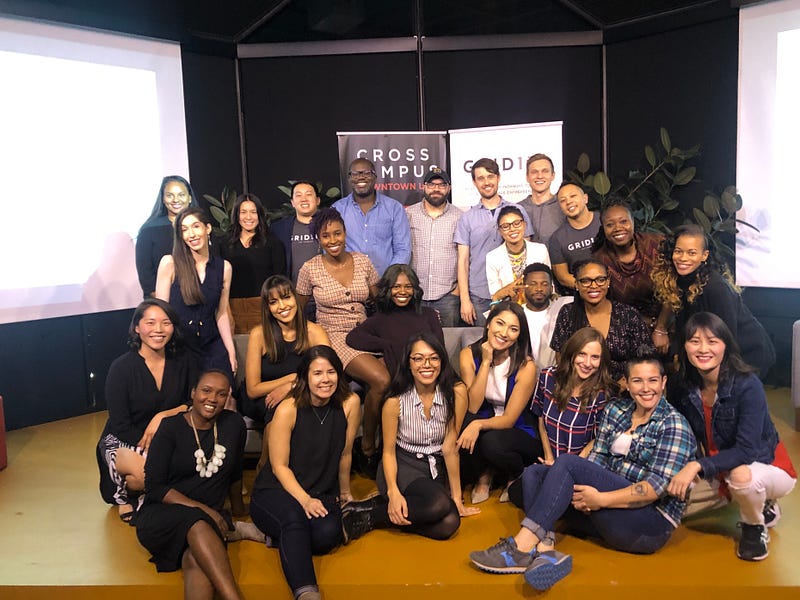
How can people help support the work you’re doing?
As a non-profit, we welcome both individual contributions, invitations for grants, corporate sponsorships and other partnership opportunities.
You can support our companies by investing in them, becoming a customer, following on social or simply amplifying them to your networks.
If you know of a Los Angeles-based entrepreneur who could benefit from our programs, please send them our way! And if you are interested in getting involved with our program as a mentor, please feel free to reach out at hello@grid110.org!
What advice would you give to people who are just starting out navigating the path to entrepreneurship?
One of the things we emphasize heavily at Grid110 is to focus on the problem. We see so many products/services that didn’t start with a problem and struggle because of it. Watch Simon Sinek’s TED Talk Start With Why. The problem you chose to solve will be your why, your north star, the thing you will always come back to. Fall in love with solving that problem, as the solution may change/evolve/pivot.
No road is ever smooth or clearcut, especially when it comes to career paths. And even more so with entrepreneurship. Our paths often end up being a non-linear (sometimes backtracking) mess, but there’s also the beauty of discovery in that. Be present in the process, not just solely focused on the endpoint. You will figure out what works/doesn’t work, uncover what fulfills/motivates you, and challenge yourself to find growth in the uncomfortable moments.
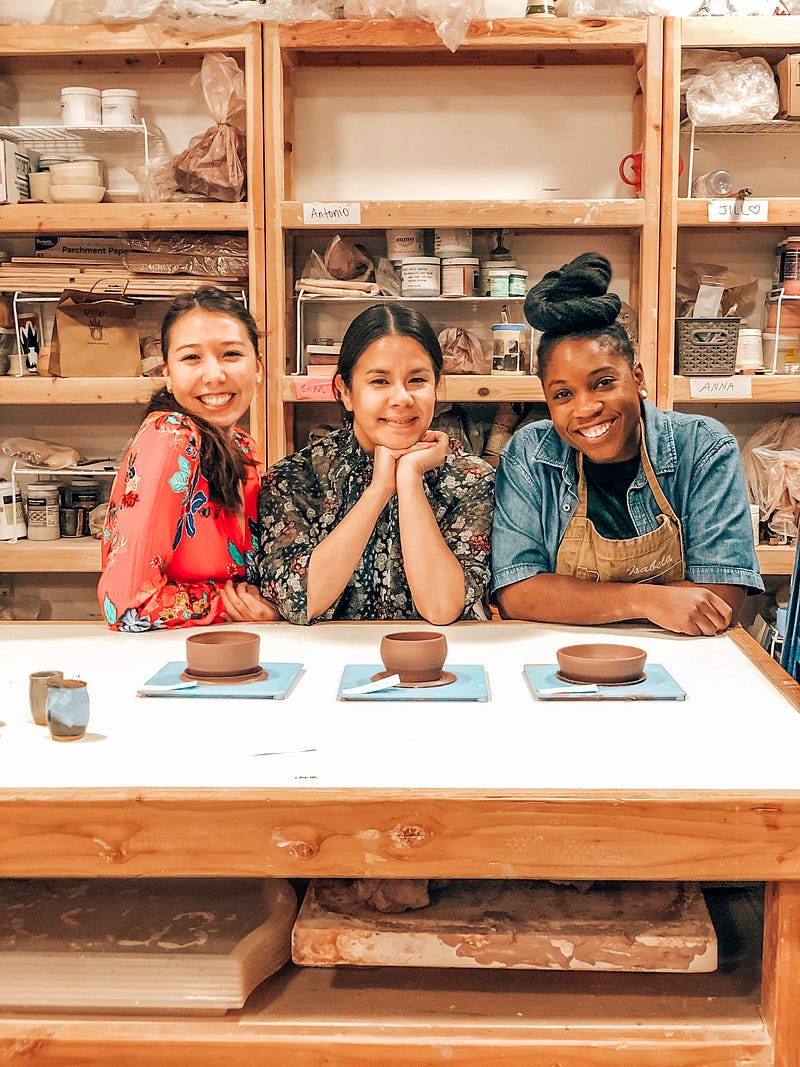
About Grid110
Grid110 is an economic and community development non-profit dedicated to creating clearer pathways to success for early-stage entrepreneurs in Los Angeles. Through its two cohort-based accelerator programs, Idea-to-Product (I2P) and Residency, Grid110 provides founders in Los Angeles with a growing community of fellow entrepreneurs, expert mentorship, and crucial resources.




